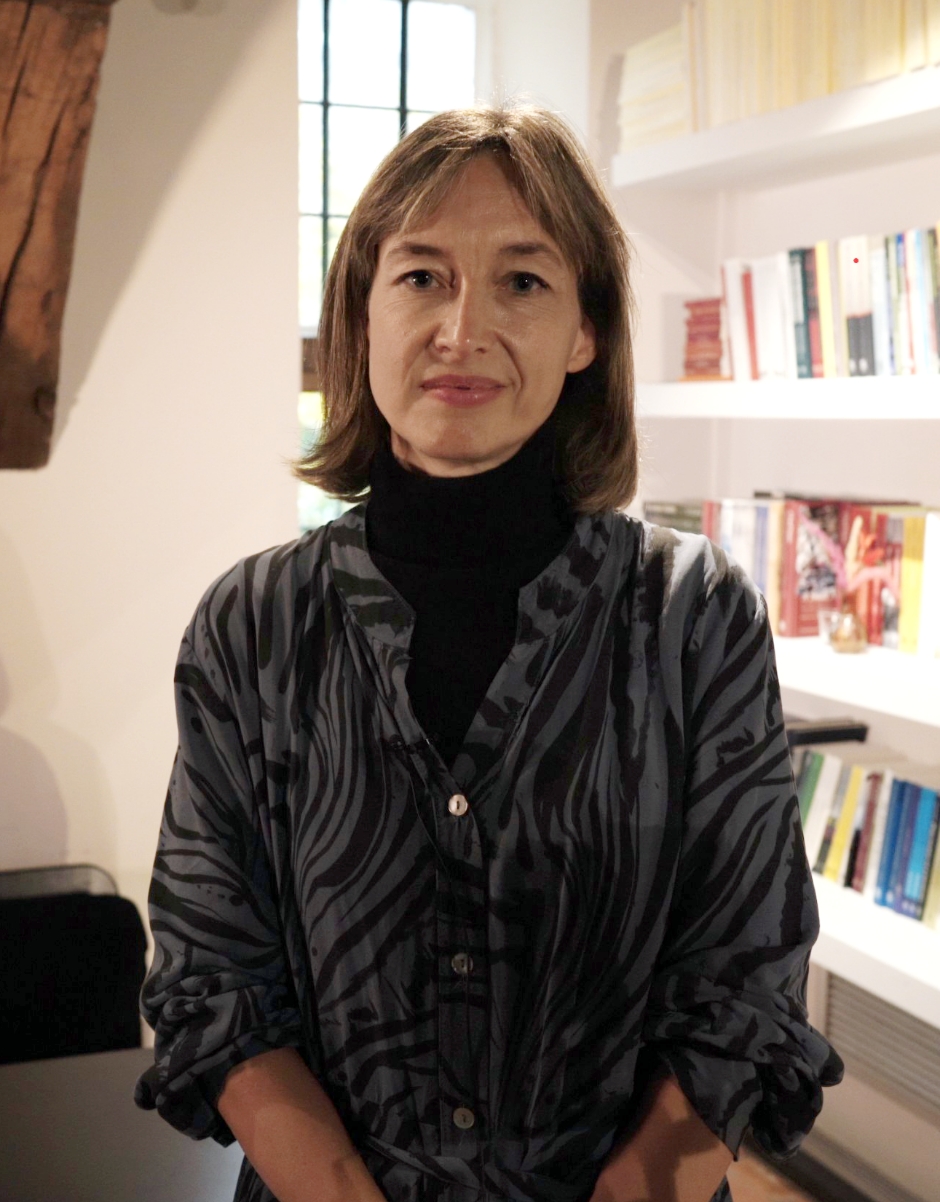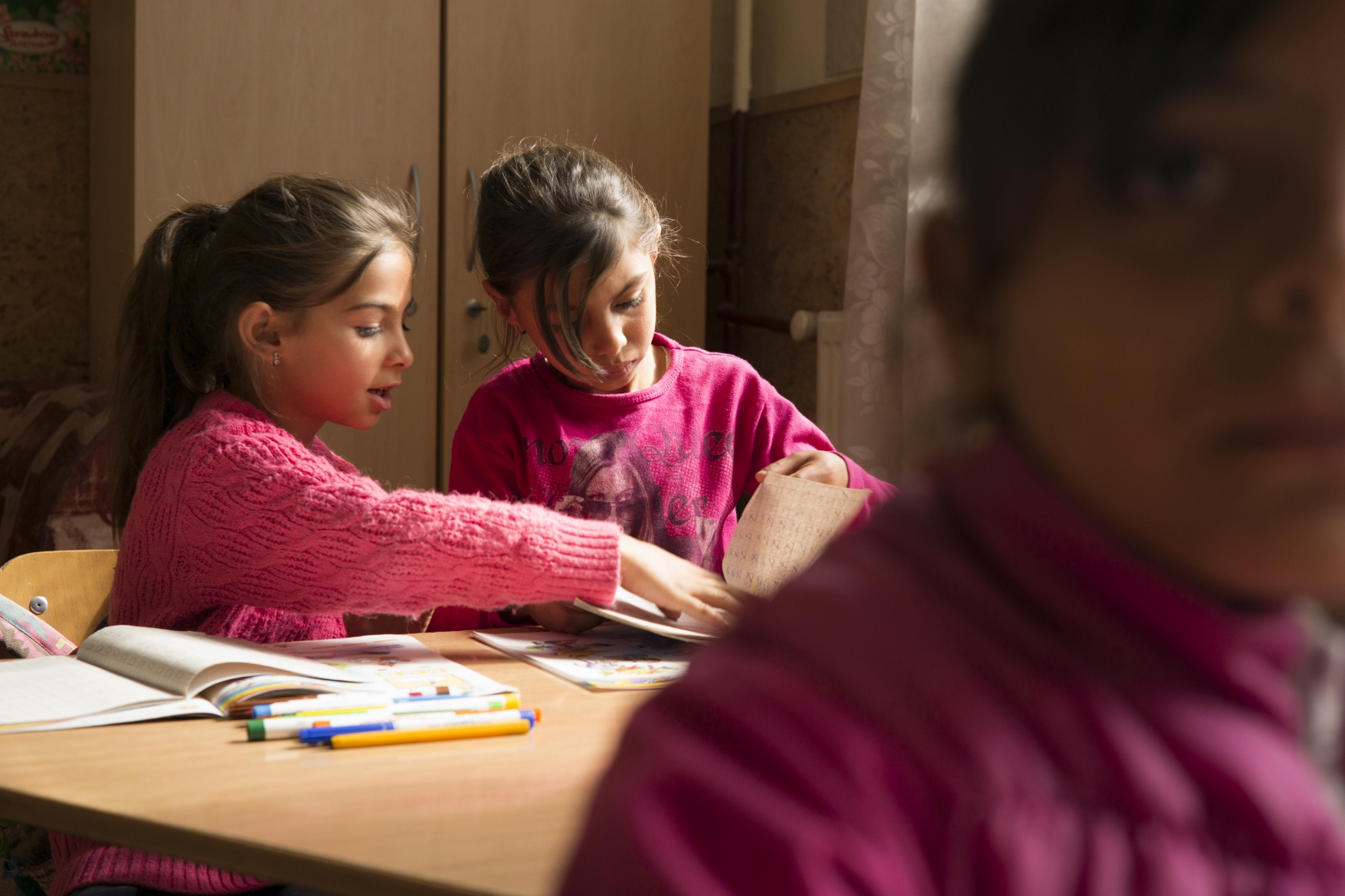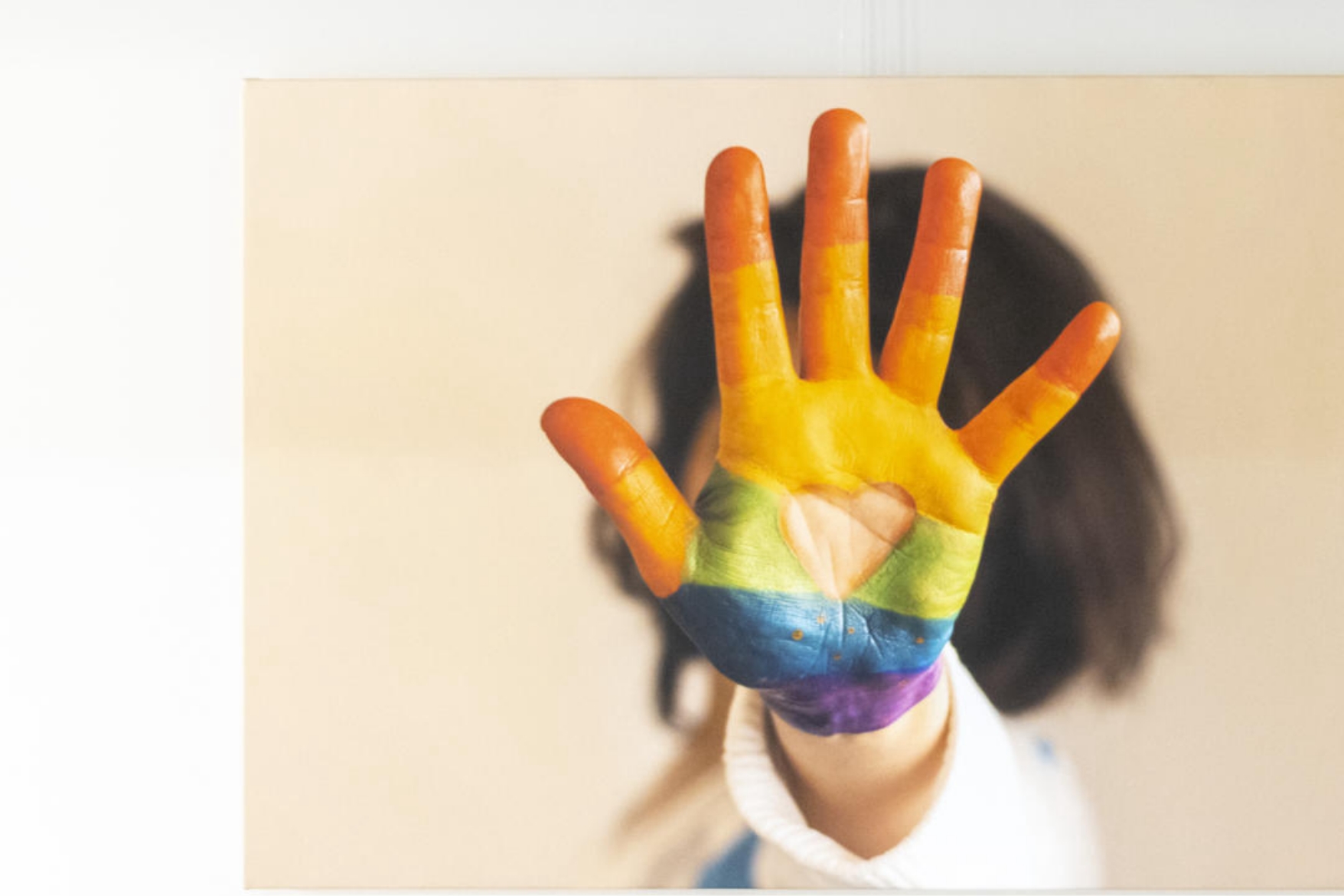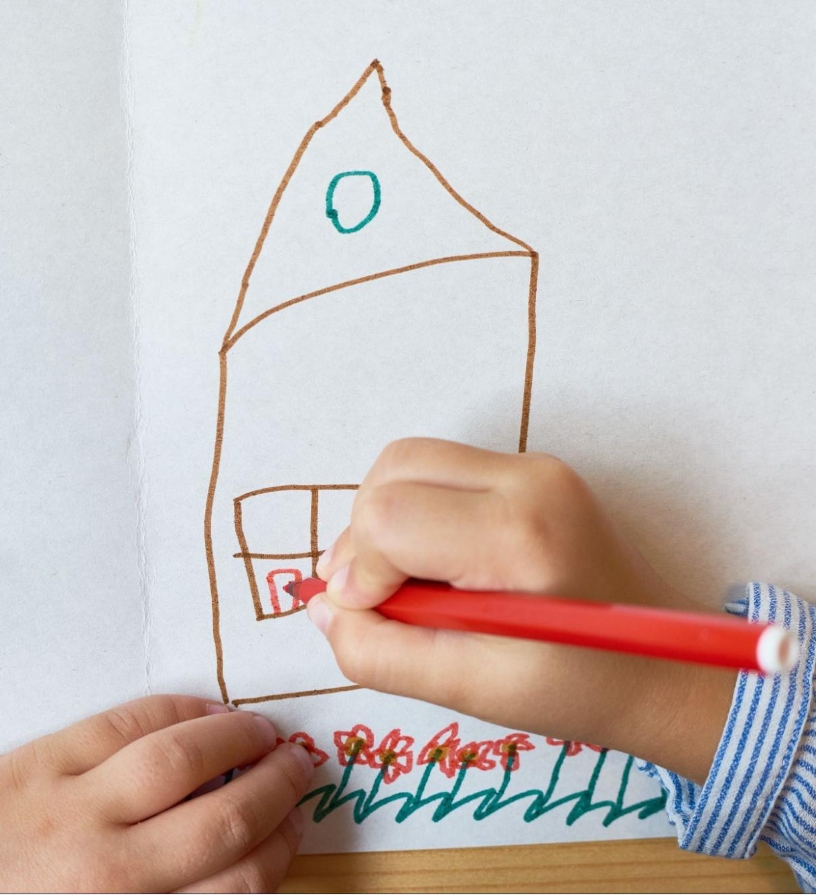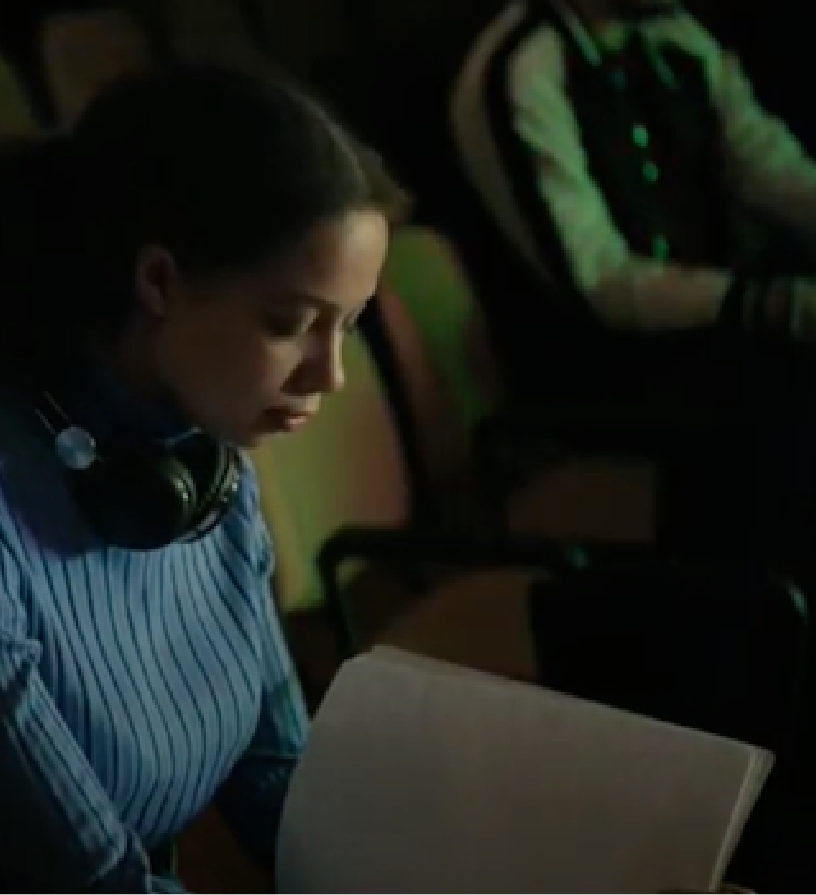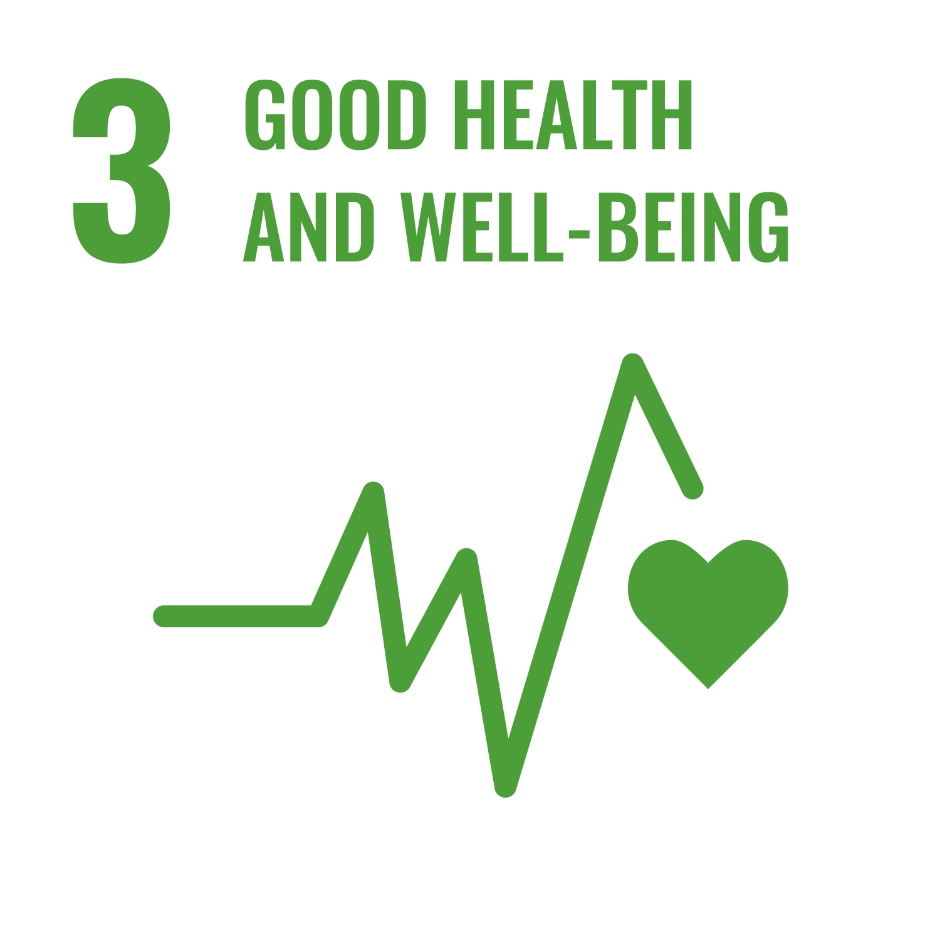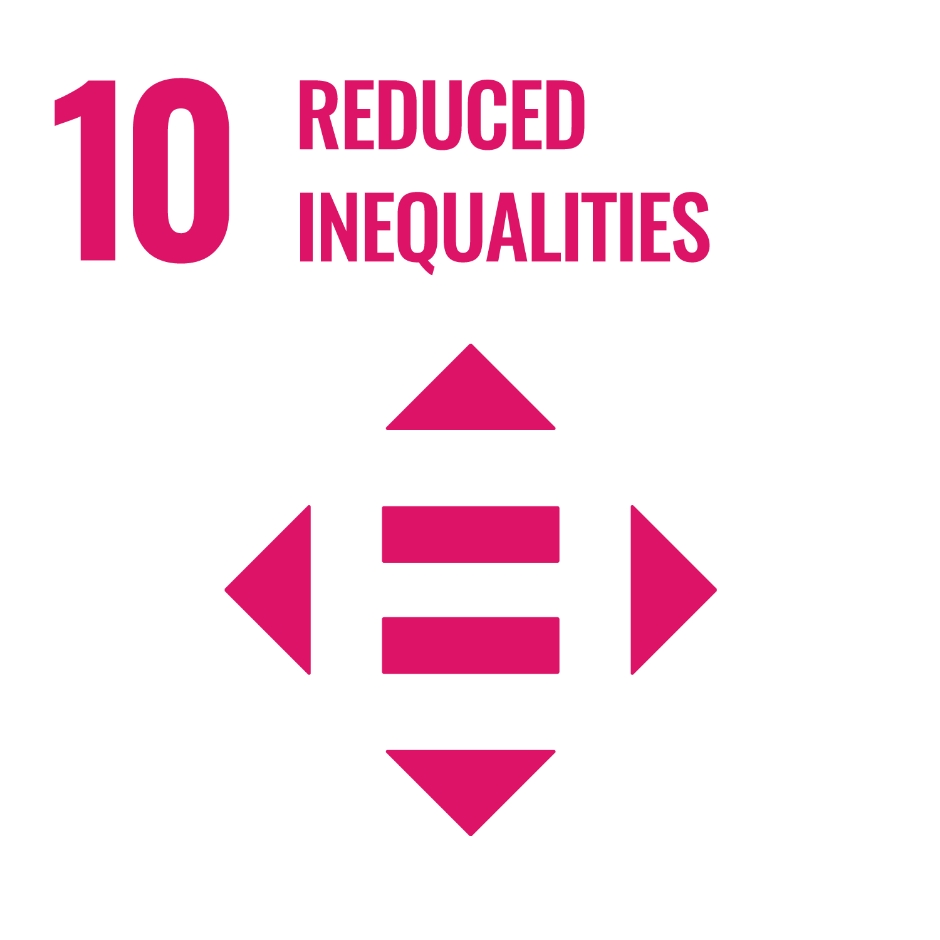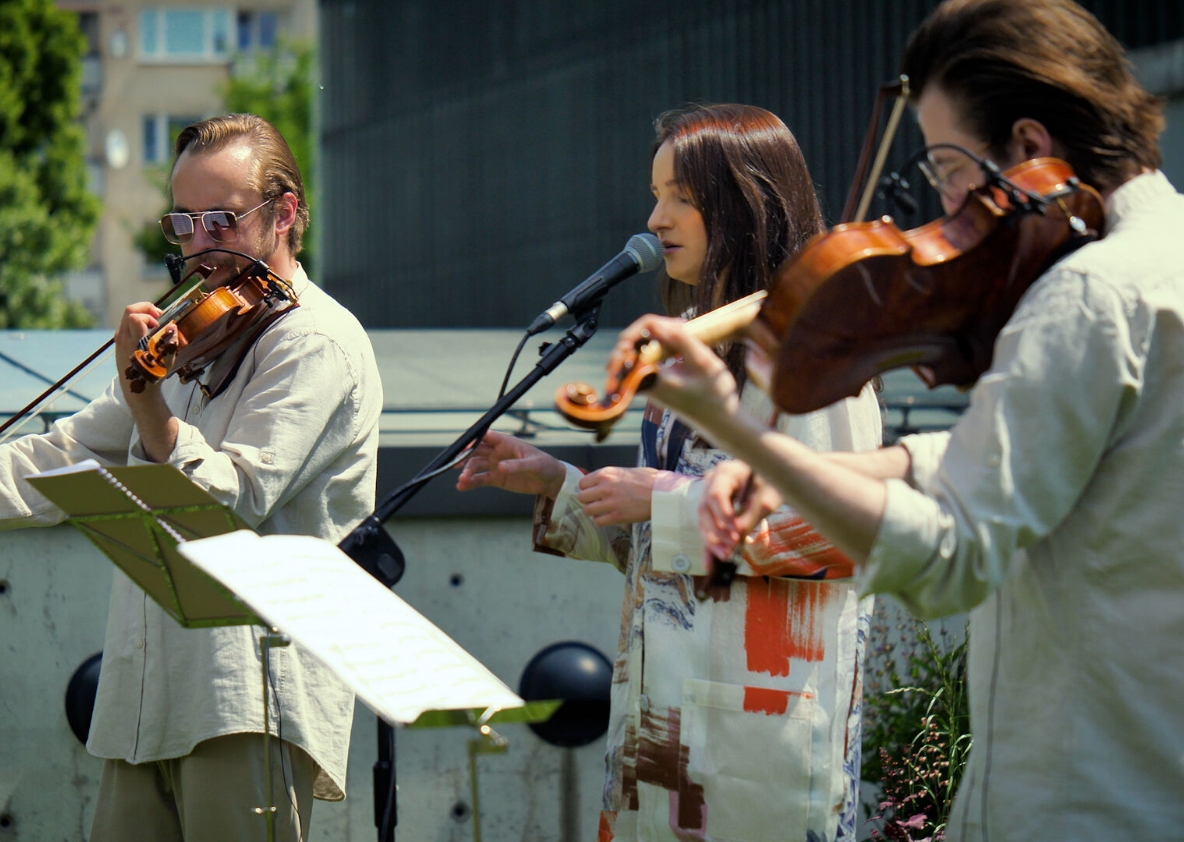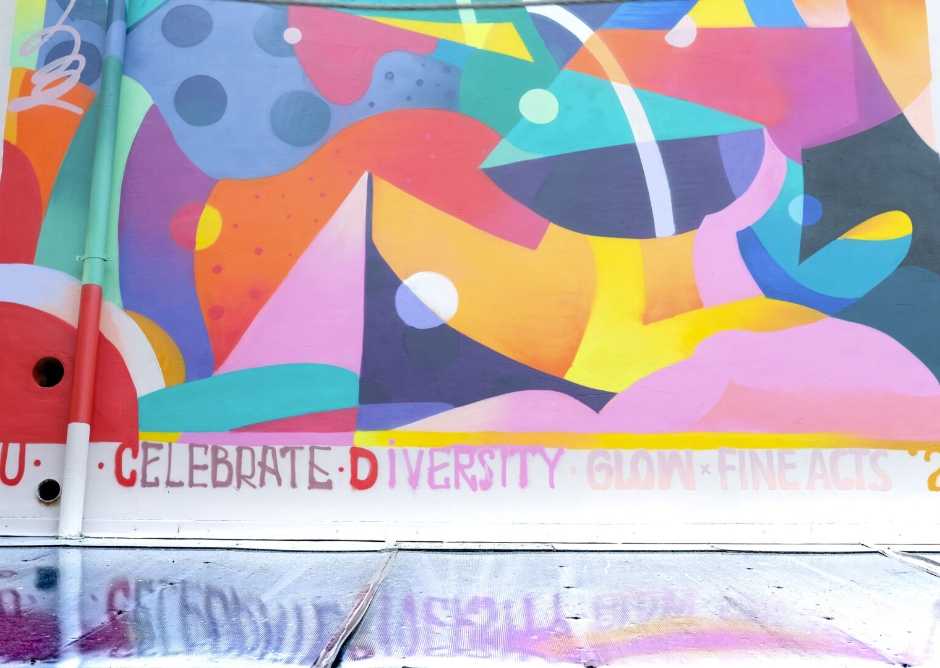The challenge
2021 was heavily marked by the COVID-19 pandemic that impacted lives and societies in unimaginable ways. With this global and historical health crisis, Europe is faced with unprecedented socio-economic challenges. Poverty, social exclusion, challenges in the labour market and gender inequalities are among the many issues that the pandemic has exposed and even accelerated – and these need to be tackled on a European level.
Recent figures show that by the end of 2021, over 2.8 million youth were unemployed. It also shows that one in five people in Europe are at risk of poverty and social exclusion – that is over 96 million people who need support. By amplifying inequalities and vulnerabilities across Europe, the pandemic has demonstrated the urgency of creating a more resilient Europe – and that starts with inclusion.
The Grants’ approach
Through the EEA and Norway Grants, Iceland, Liechtenstein and Norway are committed to reducing social and economic disparities and further strengthening bilateral cooperation, with a focus on empowering communities, fighting exclusion and protecting fundamental rights and common values. The Donors’ cooperation with the Beneficiary States can help Europe face some of its most pressing issues and help pave the way for a stronger Europe.

Bringing hope to Pata Rât
Learn how the Grants tackle the marginalisation of Roma in the city of Cluj - one house at a time.
Read more